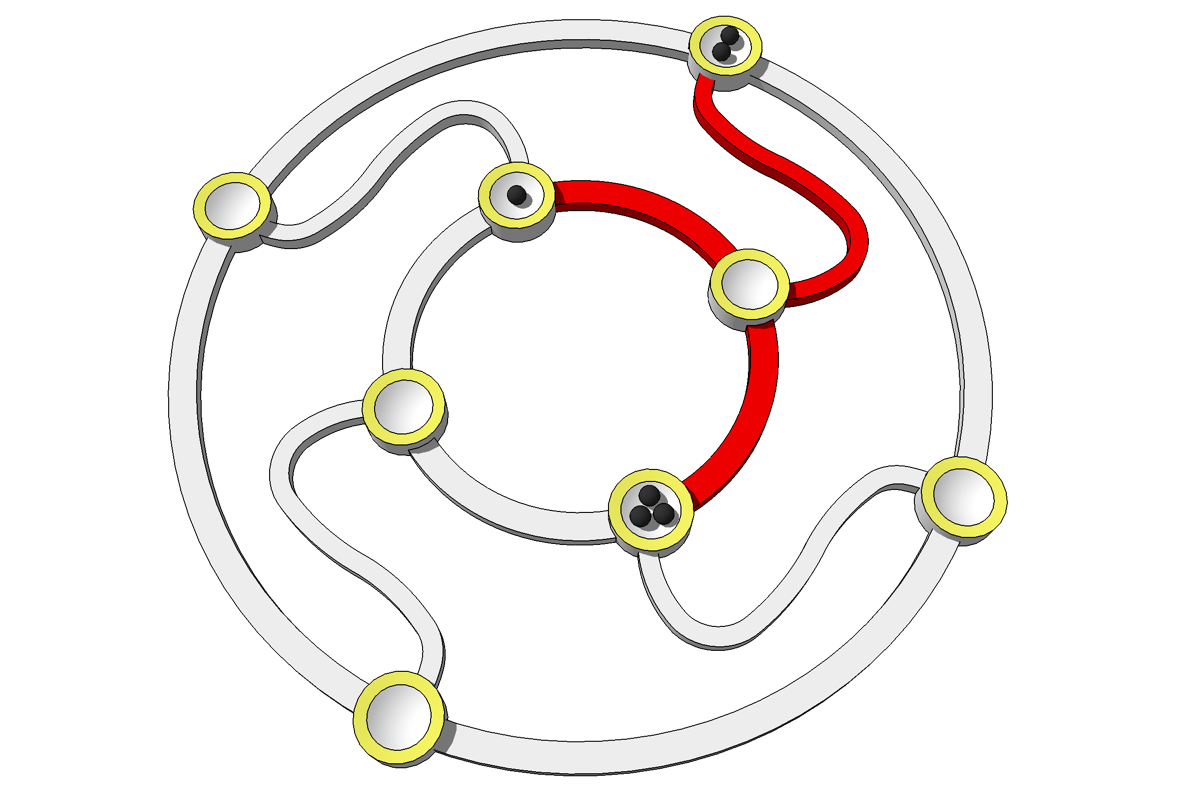| |
The presentation explains and motivates a programming logic and semantics that includes
both demonic and probabilistic nondeterminism. The former is used to control
abstraction and refinement while developing algorithms and systems; the latter
allows those systems to contain exhibit probabilistic –that is, quantifiably random– behaviour.
Probability is important for random algorithms, for distributed systems and
for quantification of risk and cost.
The individual lectures will begin with quantitative temporal logic, then returning
to cover elementary sequential program logic (based on Dijkstra's
minimally-syntaxed programming language GCL), loops and their associated
invariant/variant reasoning tools.
The final lectures will explore more exotic topics such as the quantitative modal µ-calculus, and its
connection to angelic/demonic/probabilistic two-player games.
|

|
|
